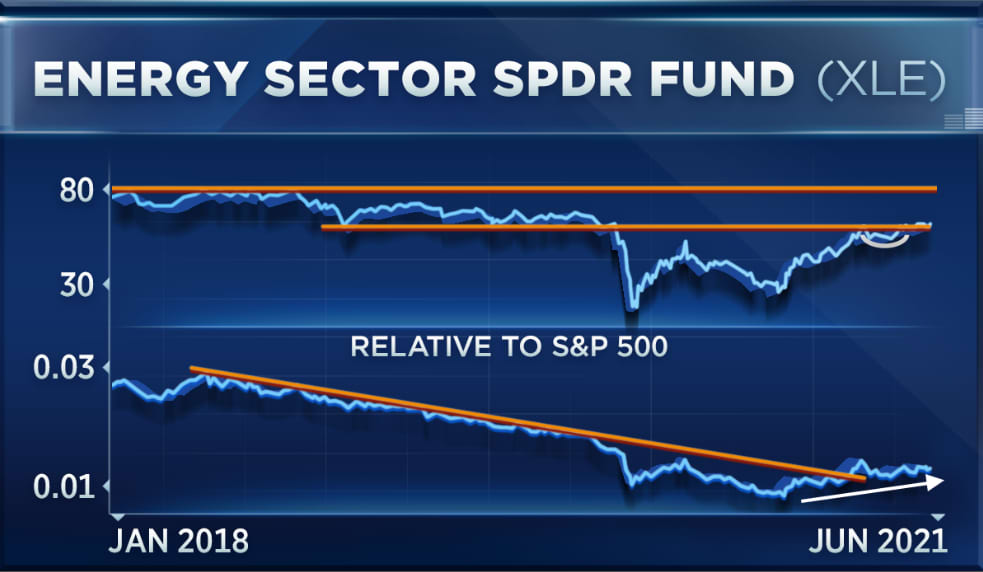As the Supreme Court weighs Biden's student loan forgiveness, education debt swells
This year’s high school graduates could take on as much as $37,000 in student loan debt in pursuit of a bachelor’s degree, a new report shows.


Regardless of where the Supreme Court comes out on President Joe Biden's student loan forgiveness plan, education debt isn't going away.
College is only getting more expensive. Tuition and fees plus room and board at four-year, in-state public colleges rose more than 2% to $23,250, on average, in the 2022-23 academic year; at four-year private colleges, it increased by more than 3% to $53,430, according to the College Board, which tracks trends in college pricing and student aid.
Many students now borrow to cover the tab, which has already propelled collective student loan debt in the U.S. past $1.7 trillion.
Students, families are taking on more college debt
Don't 'assume future forgiveness'
If the Supreme Court fails to affirm Biden's plan, millions of federal borrowers would likely be disappointed with the president for failing to deliver sweeping cancellation, legal experts predict.
And even if the justices rule in favor of the Biden Administration's initiative to provide debt relief to low-to middle-income borrowers, students and their parents should not assume this would happen again going forward, according to Kalman Chany, a financial aid consultant and author of The Princeton Review's "Paying for College."
Nobody should assume future forgiveness as they make borrowing decisions today.
Rick Castellano
Sallie Mae spokesman
"Such broad relief as was announced last August citing the financial harms of the pandemic is not likely to occur again," he said.
"Nobody should assume future forgiveness as they make borrowing decisions today," added Rick Castellano, spokesman for education lender Sallie Mae.
Loans 'shouldn't be the first step' to cover costs
"Borrowing can be important step, but it shouldn't be the first step," Castellano said. Further, "when it comes time to borrow, it's critical to do so responsibly and not overborrow," he added.
There are several strategies that can help, but a "good rule of thumb is never to incur more debt than the annual salary one will receive at their first job after having been graduated," Chany said.
For those already struggling under the weight of student debt, borrowers have a little more time without a student loan bill, although the U.S. Department of Education indicated that the payment pause could end as soon as August.

 UsenB
UsenB 
































